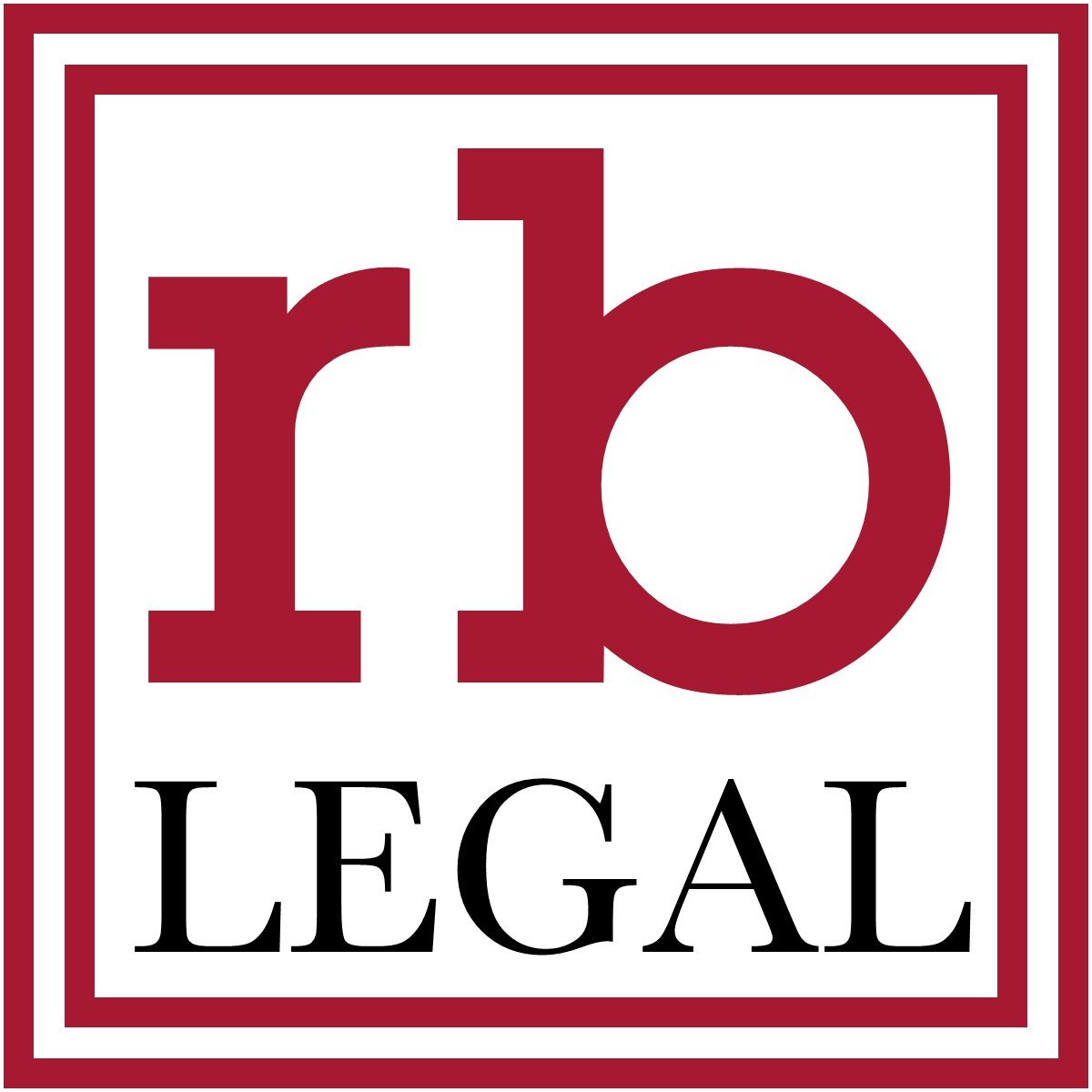Creating an estate plan, naming beneficiaries and updating the documents regularly will help ensure that your assets are distributed based on your wishes after you pass away.
However, what happens if someone dies without a will or named beneficiaries? How will their estate be distributed, and what will happen to their assets?
The state takes over
If someone dies without beneficiaries or a will, then the state will take over. At this point, an executor is named, and heirs will be found. The process is referred to as probate and can last a while, depending on the situation.
Usually, heirs will be a partner or blood relative. Unmarried individuals, charities and friends will not receive anything from the estate when there are no named beneficiaries or documents outlining what the person wanted to be done with their assets.
Will this happen with all assets?
Even if someone doesn’t have a will or named beneficiaries, other documents may be able to outline who gets certain things. For example, if they had a life insurance policy with beneficiaries, the state would not interfere with this distribution. The same applies to retirement accounts (in most cases).
While this is true, it is important to note that if you fail to designate your beneficiaries while you are still alive, the state rules will determine how your estate and assets are distributed after you die.
Protecting your rights and family
To ensure that your assets and estate are distributed how you want them to be, you must create an estate plan. Even individuals with minimal assets should do this to protect their families and avoid having the state decide what happens to their assets.



